From March 7-9, 2019, The “Fighting Eagles” battalion from the Reserve Officer Training Corps (ROTC) program at Eastern Washington University (EWU) conducted their winter field training exercise (FTX). This FTX was the culmination of all the training the Cadets have conducted at weekly Leadership Labs this quarter. The primary goal of the FTX was to test our MS-III (Junior) Cadets on leading a squad sized element and giving tactical experience to the MS-II (sophomore) and MS-I (freshman) Cadets in a field environment.

MS-IV (senior) Cadet Ryan Smith conducts range card training for MS-I and MS-II Cadets.
The FTX began on Thursday with the weekly leadership lab. The lab gave the Cadets time to rehearse drills and troop leading procedures prior to deploying to the field. On Friday the Cadets and Cadre worked to setup the lanes, draw rifles, and ammunition. On Saturday morning the Cadets then met up at Cadet Hall and deployed out to the Cheney Waterworks for the FTX. The FTX was composed of four main lanes:
- movement to contact
- squad attack
- ambush
- area recon
The Cadets for the FTX were issued M4 rifles and M249 Squad Automatic Weapons (SAW) with blank rounds along with SINCGARS radios. Carrying the real weapons, blank ammunition, and tactical radios allowed the Cadets to experience what it is like to carry the additional weight for an extended period of time. The weapons loaded with blank ammunition also allowed the Cadets to practice weapons safety by enforcing procedures to prevent negligent discharges.
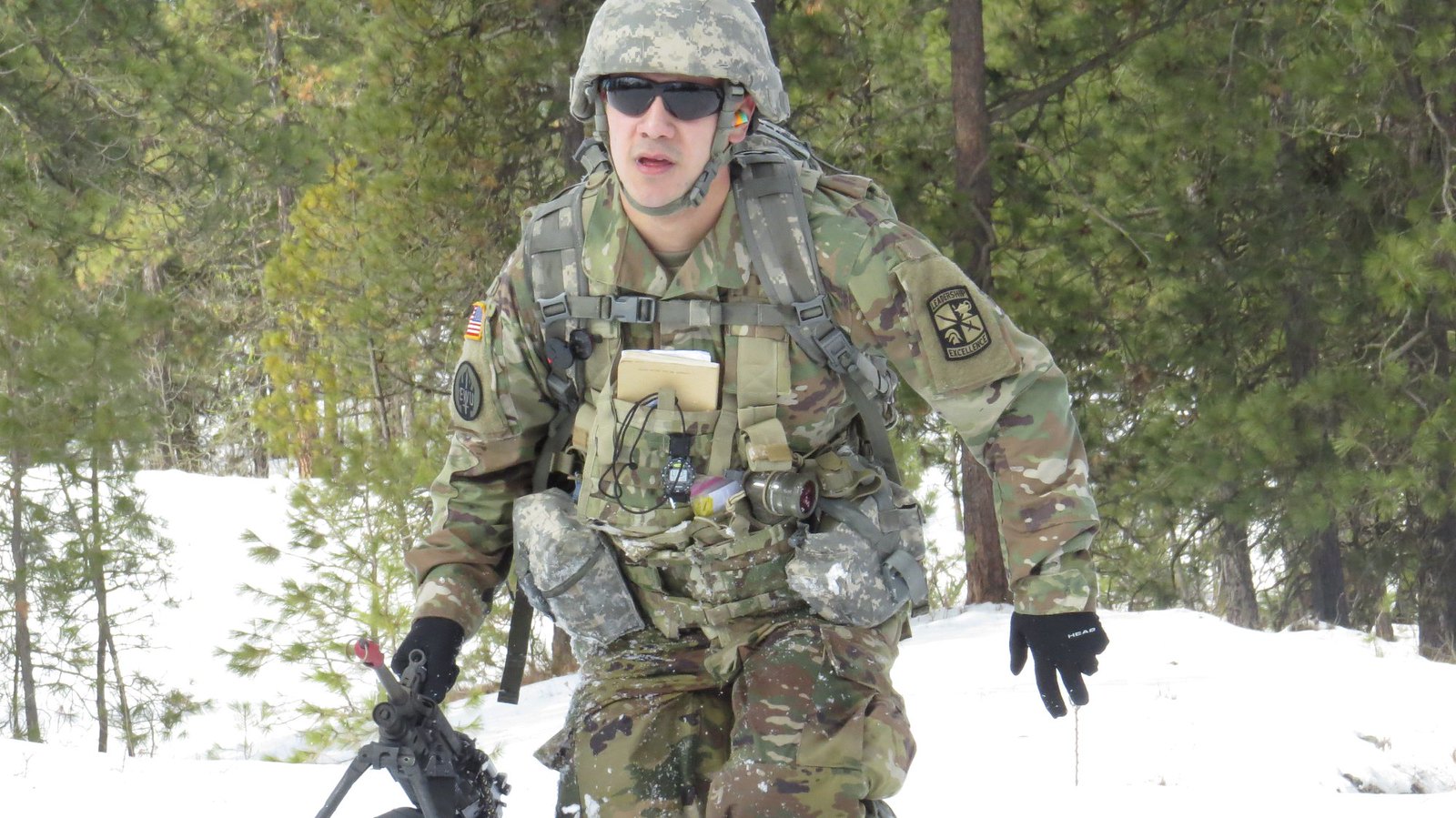
Cadet Marco Sanchez carries the M249 SAW.

Walking through deep snow while carrying heavy combat loads challenged the EWU ROTC Cadets.
For the Movement to Contact lane, the MS-III Cadet that served as the squad leader received the mission and went through their troop leading procedures to execute the mission. As the squad moved through the lane, they received fire from an enemy Opposing Force (OPFOR). Once the squad received fire, the squad leader maneuvered the squad to assault the enemy.
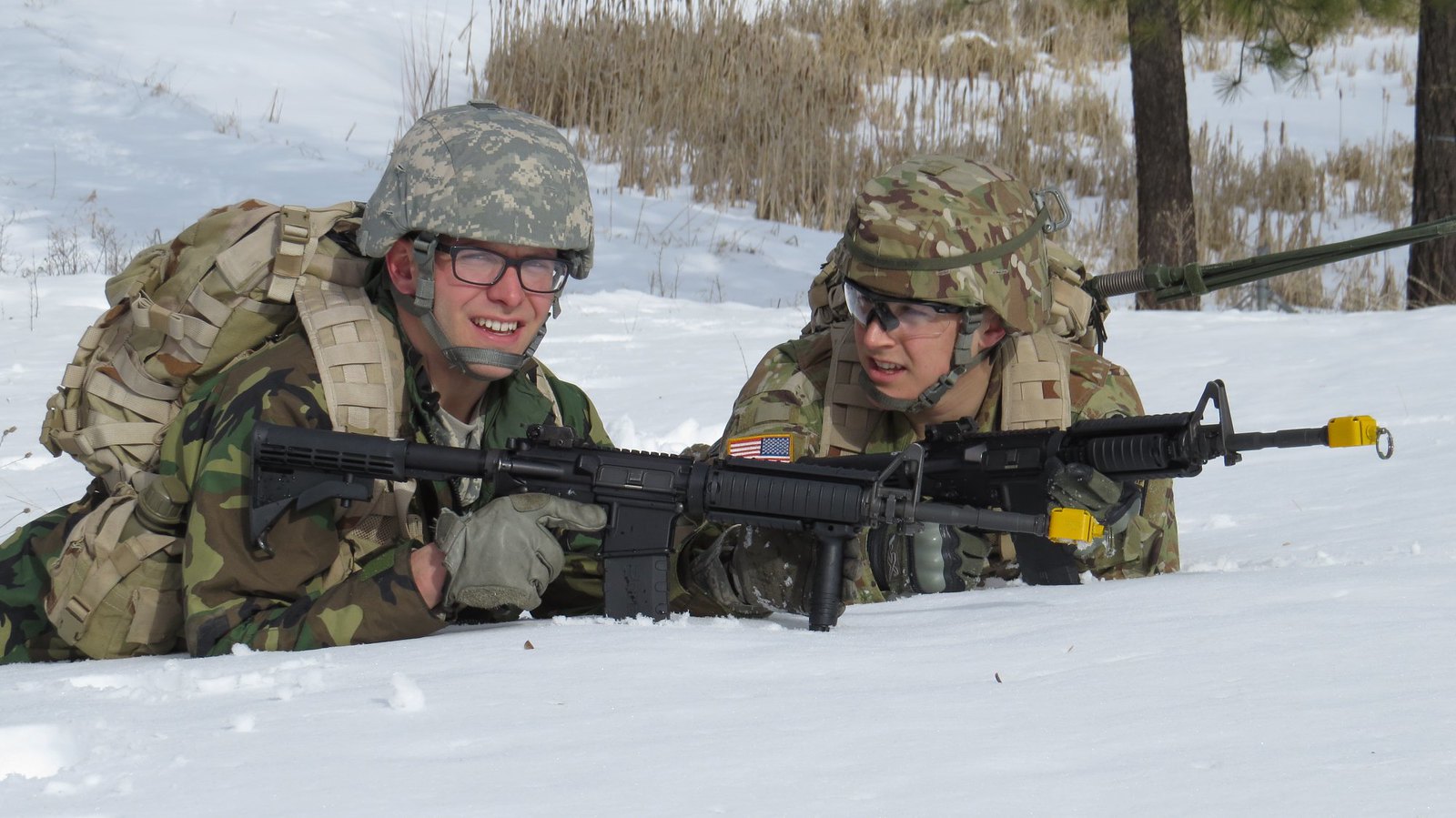
Cadets Austin Pfennig and Coy Odiorne look for the enemy.
For the Squad Attack lane the squad leader knew the exact location of the OPFOR. Once the MS-III in charge finished their planning and rehearsals, they would lead their squad near the location and set up their support by fire and assaulting element. Once the squad leader initiated the fight, the support by fire element would fire on the enemy while the assaulting element would go through the objective to clear it.
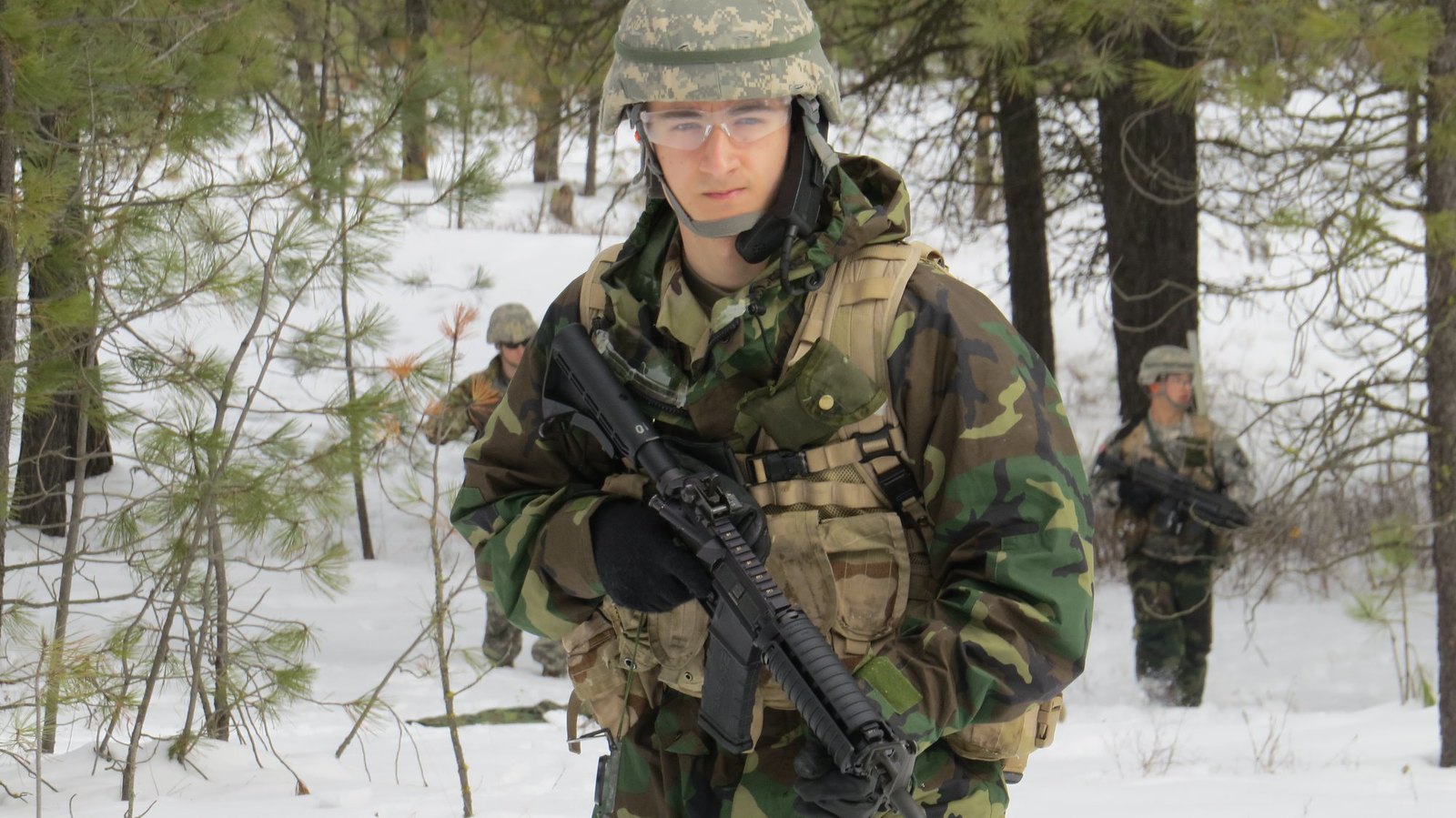
Cadet Valentino Olmstead on patrol through the woods at the Cheney Waterworks.
For the Ambush lane the squad leader had to position their squad on the objective where the enemy will be traveling through. After planning, the squad leader would position their squad in the path that the OPFOR would be walking through. Once the OPFOR entered a designated kill zone the squad would initiate the ambush.
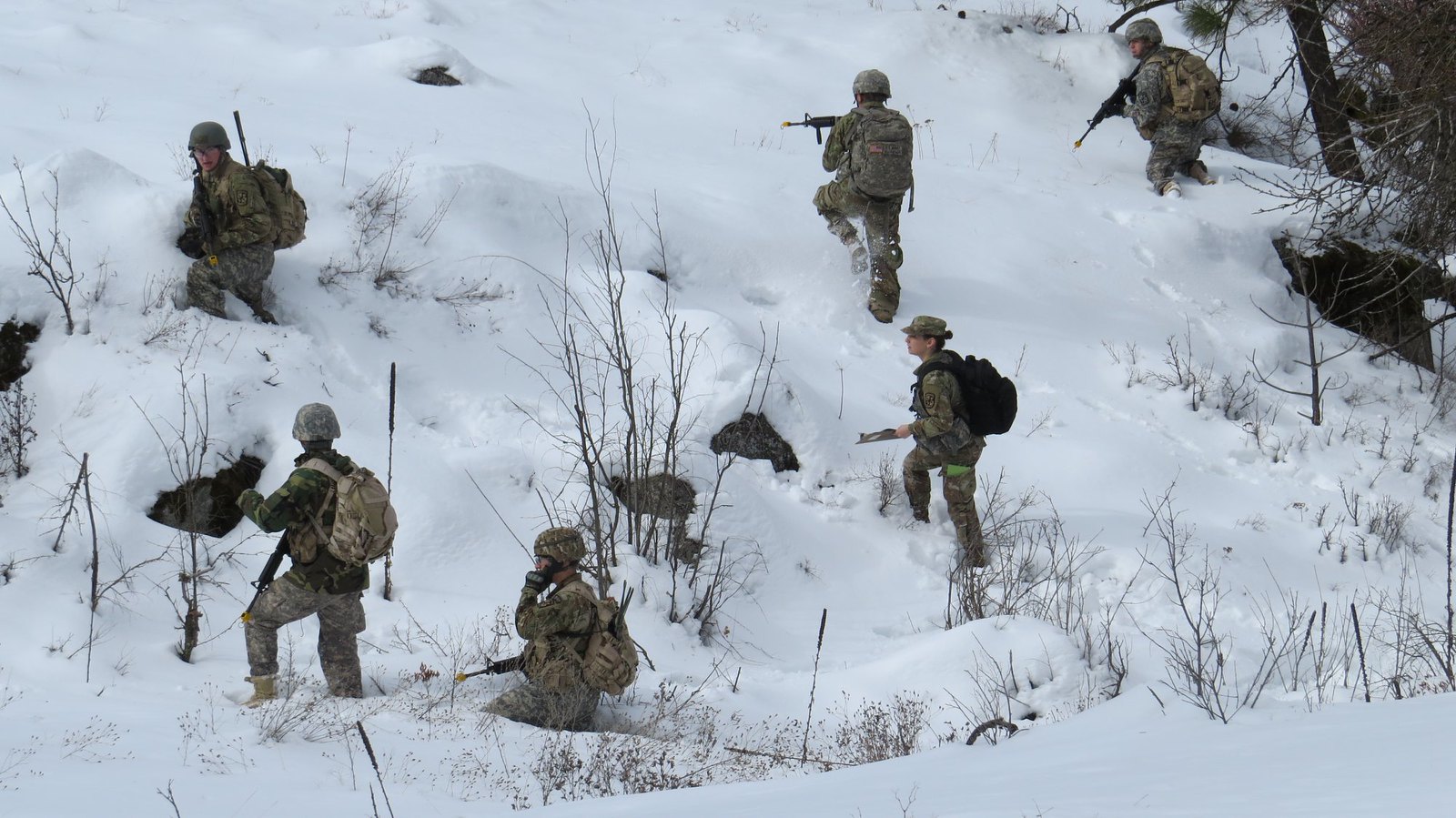
EWU ROTC Cadets climb a snow covered hill to locate the enemy.
The final lane was Area Recon. Here the squad leader had to plan for a mission where their squad had to locate an enemy force without being seen while observing the enemy. While observing the enemy the Cadets had to collect Priority Intelligence Requirements (PIR) which were then sent to the higher command element via radio.
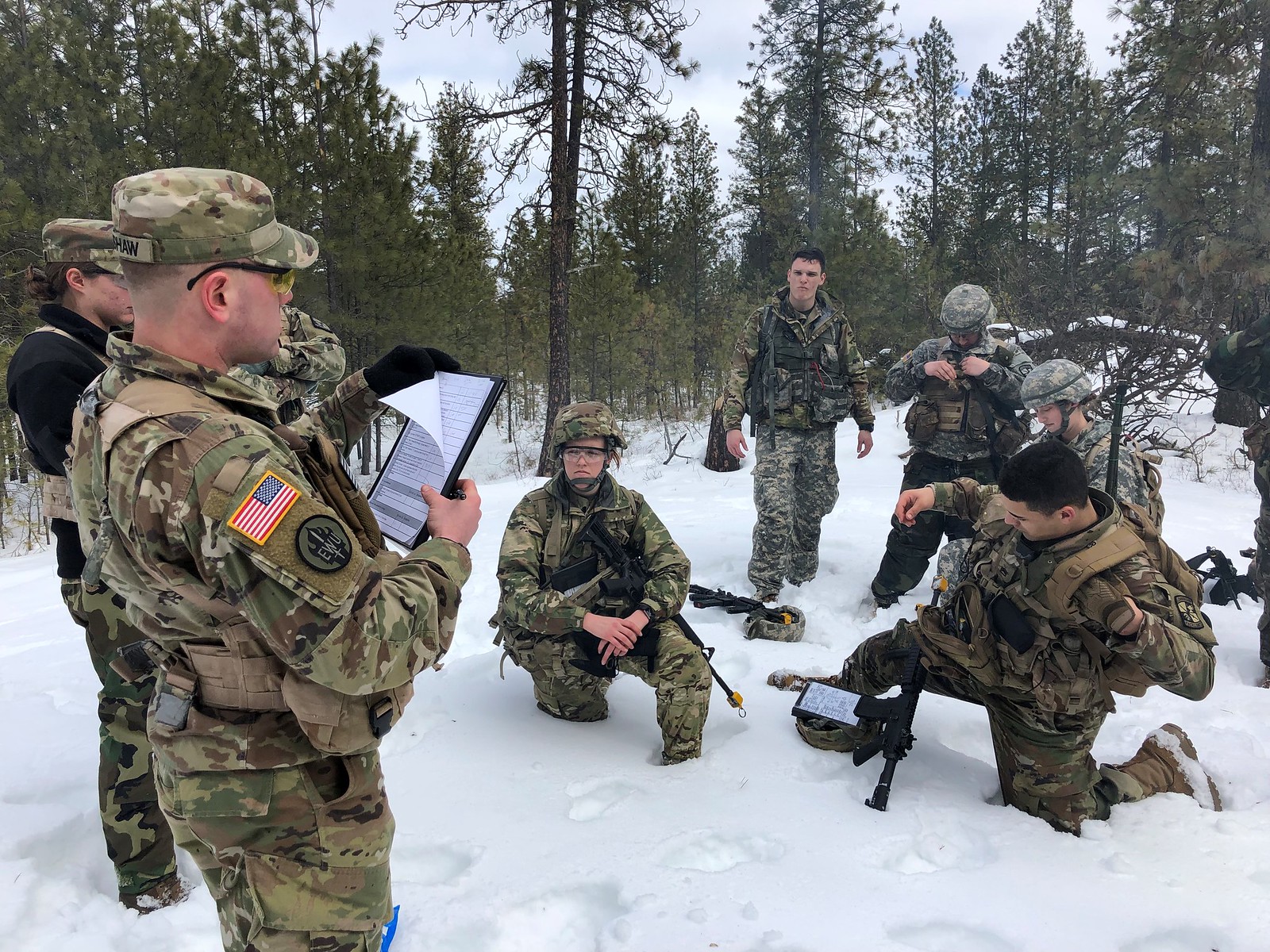
MS-4 (senior) Cadet Scott Hinshaw (left) conducts an After Action Review after a training lane.
With freezing cold temperatures and constant missions, the EWU ROTC Cadets where tested both physically and mentally during the Winter FTX. This training is used to prepare our MS-III Cadets for Advance Camp at Ft. Knox, Kentucky this summer. Advanced Camp is a requirement for all MS-III Cadets to pass in order to commission as Army officers. The 37-day Advanced Camp is why the Fighting Eagles battalion conducts challenging training to prepare the MS-III Cadets as much as possible for camp.
Go ROTC! Go Fighting Eags!
Note: More pictures from the Winter FTX can be seen below:
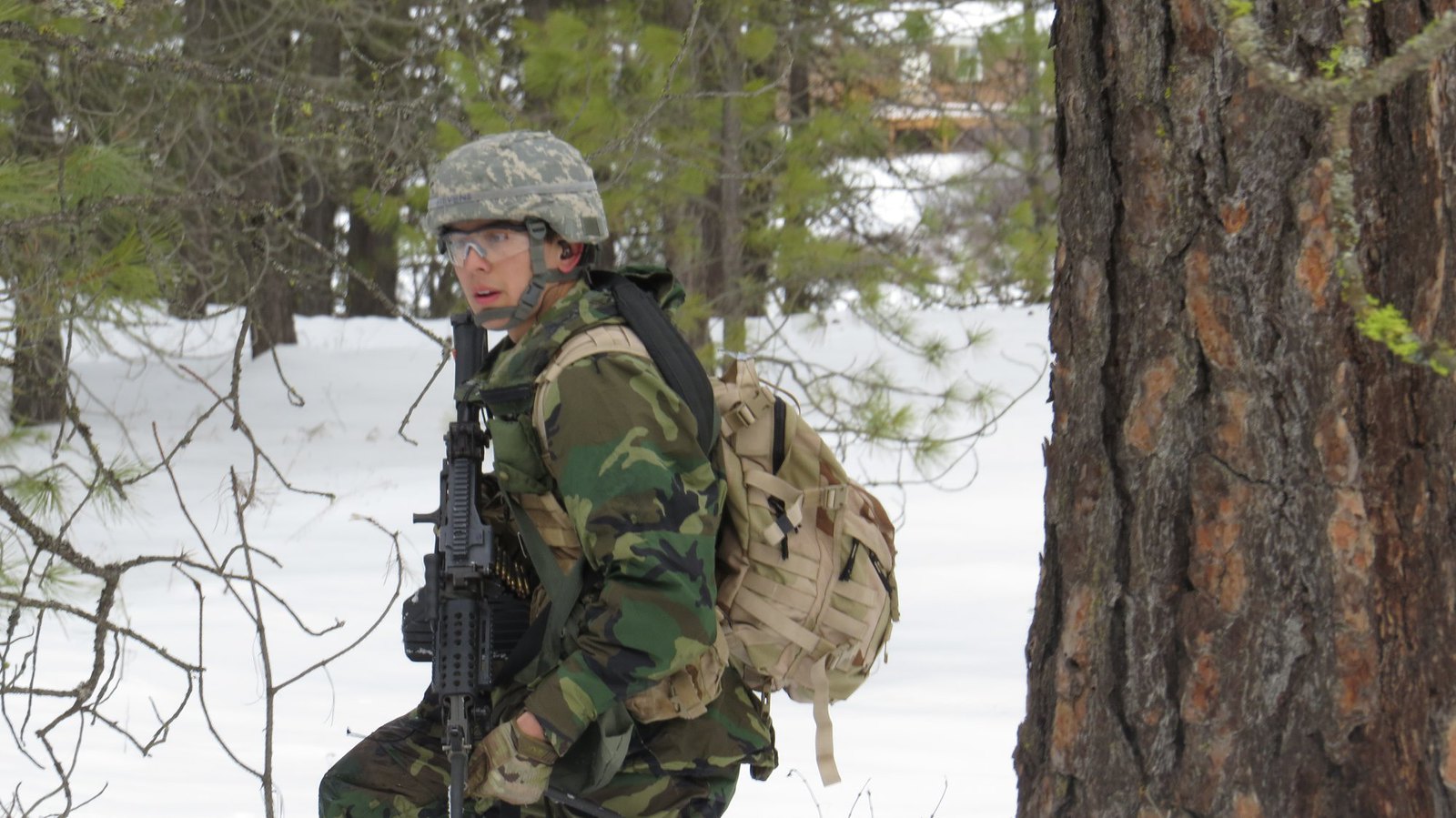
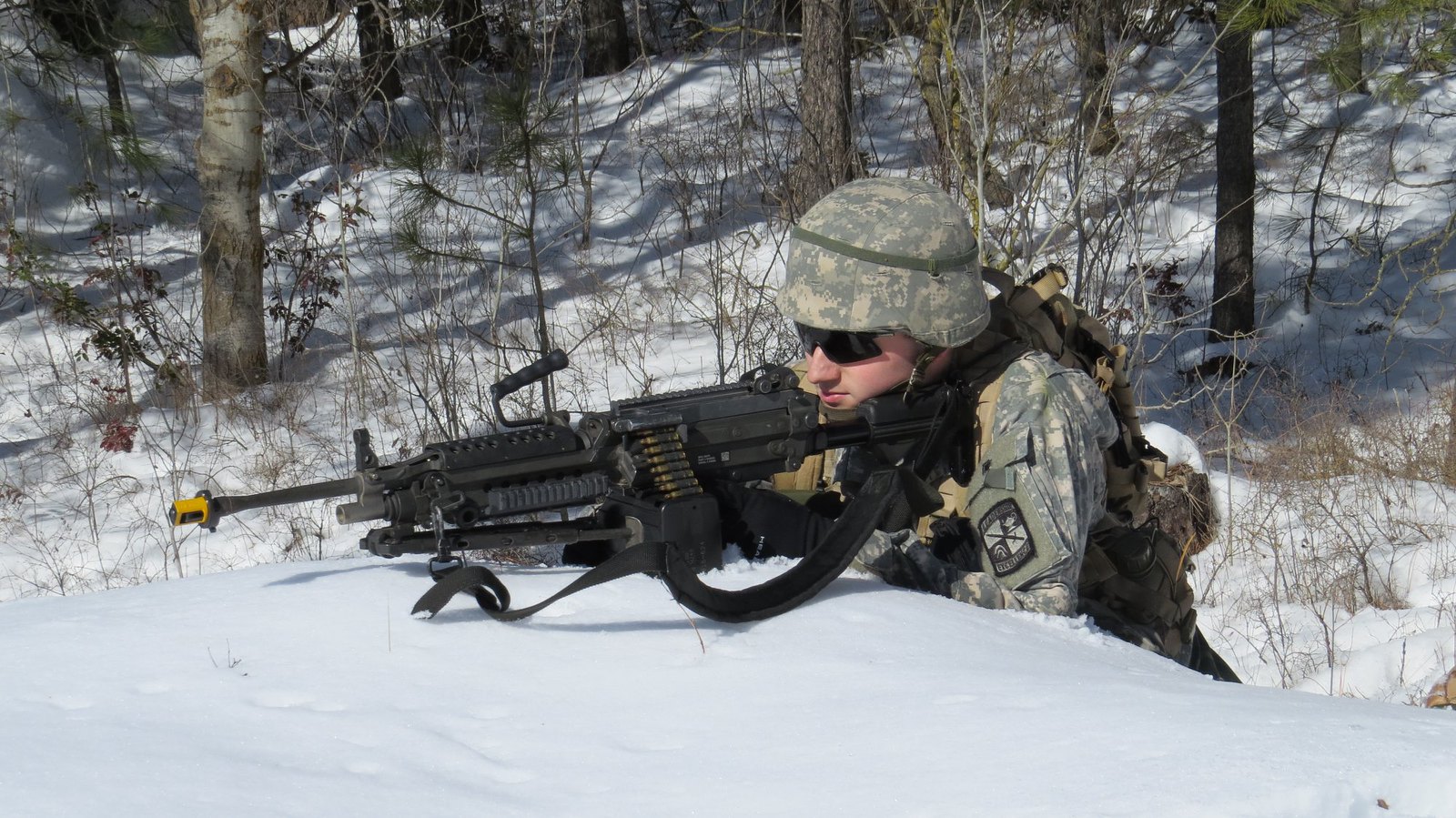


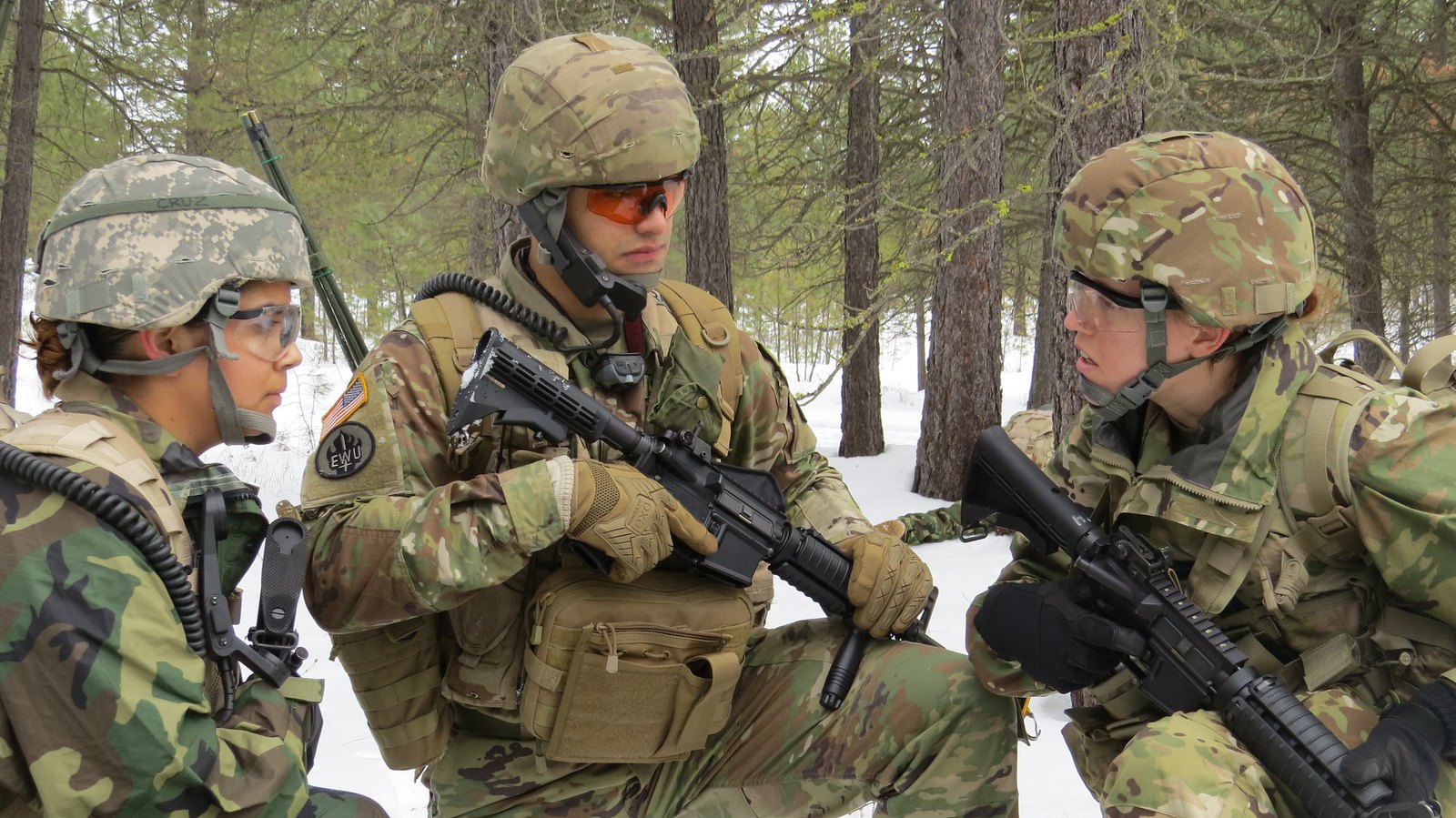
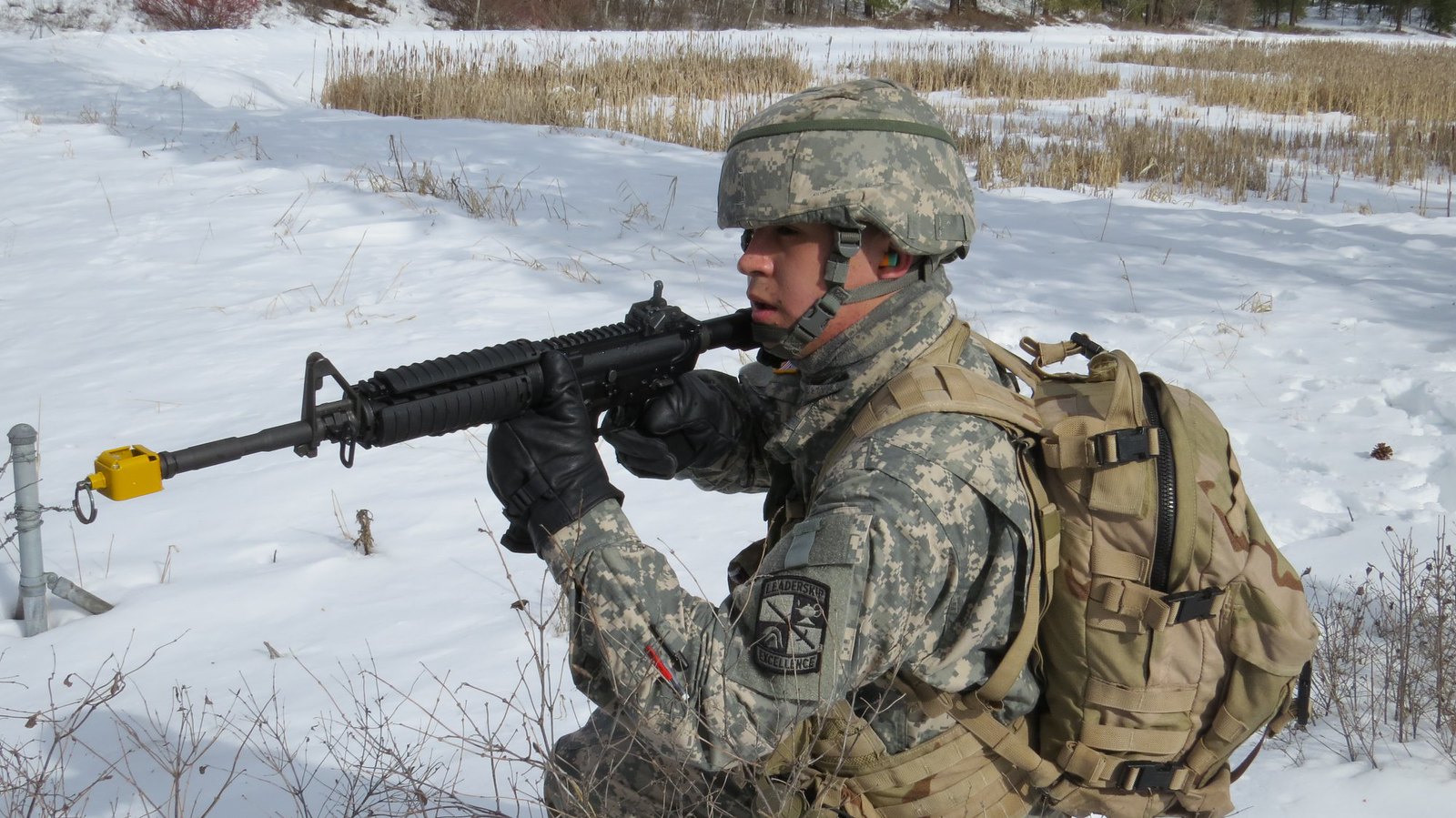
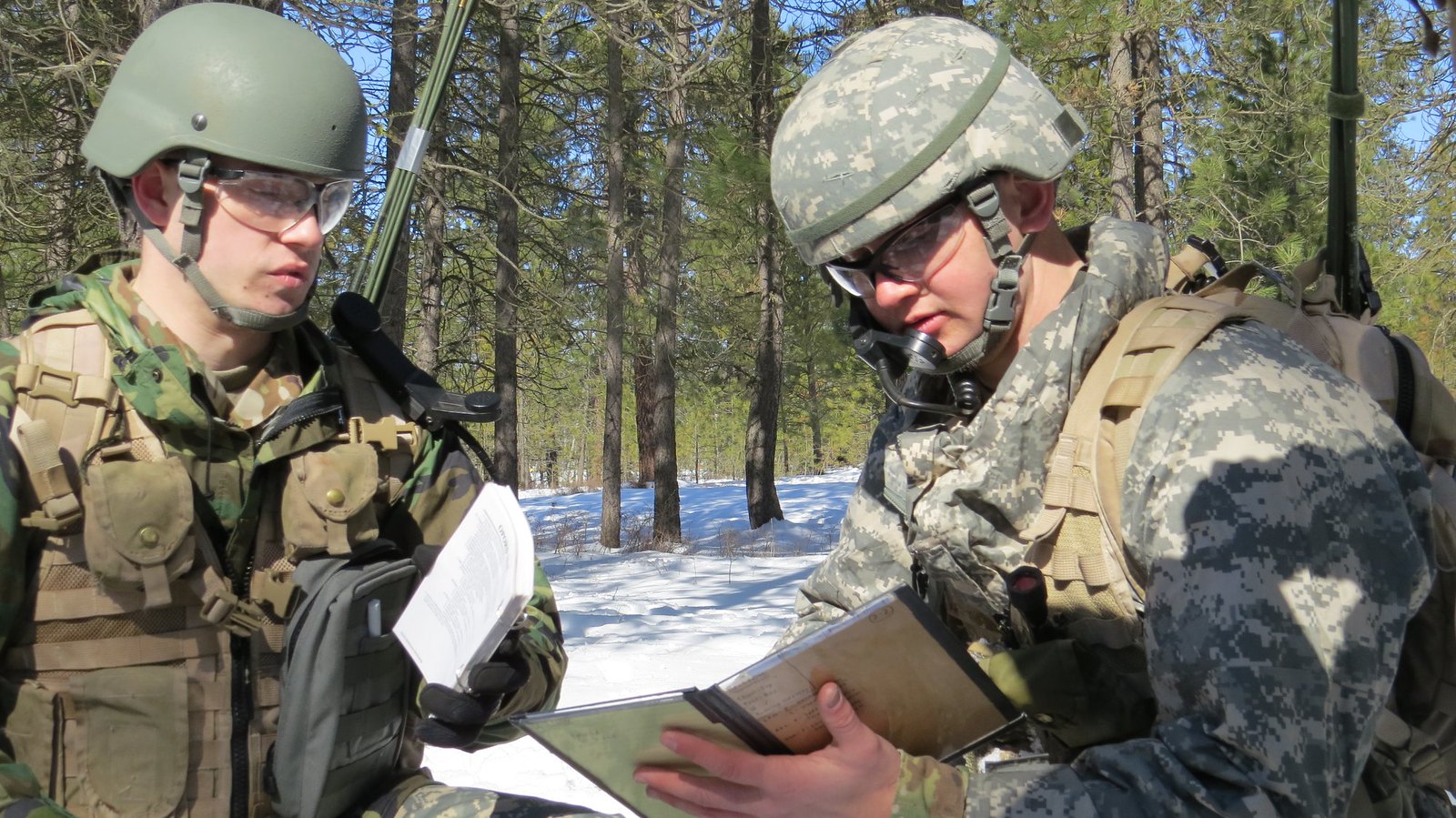
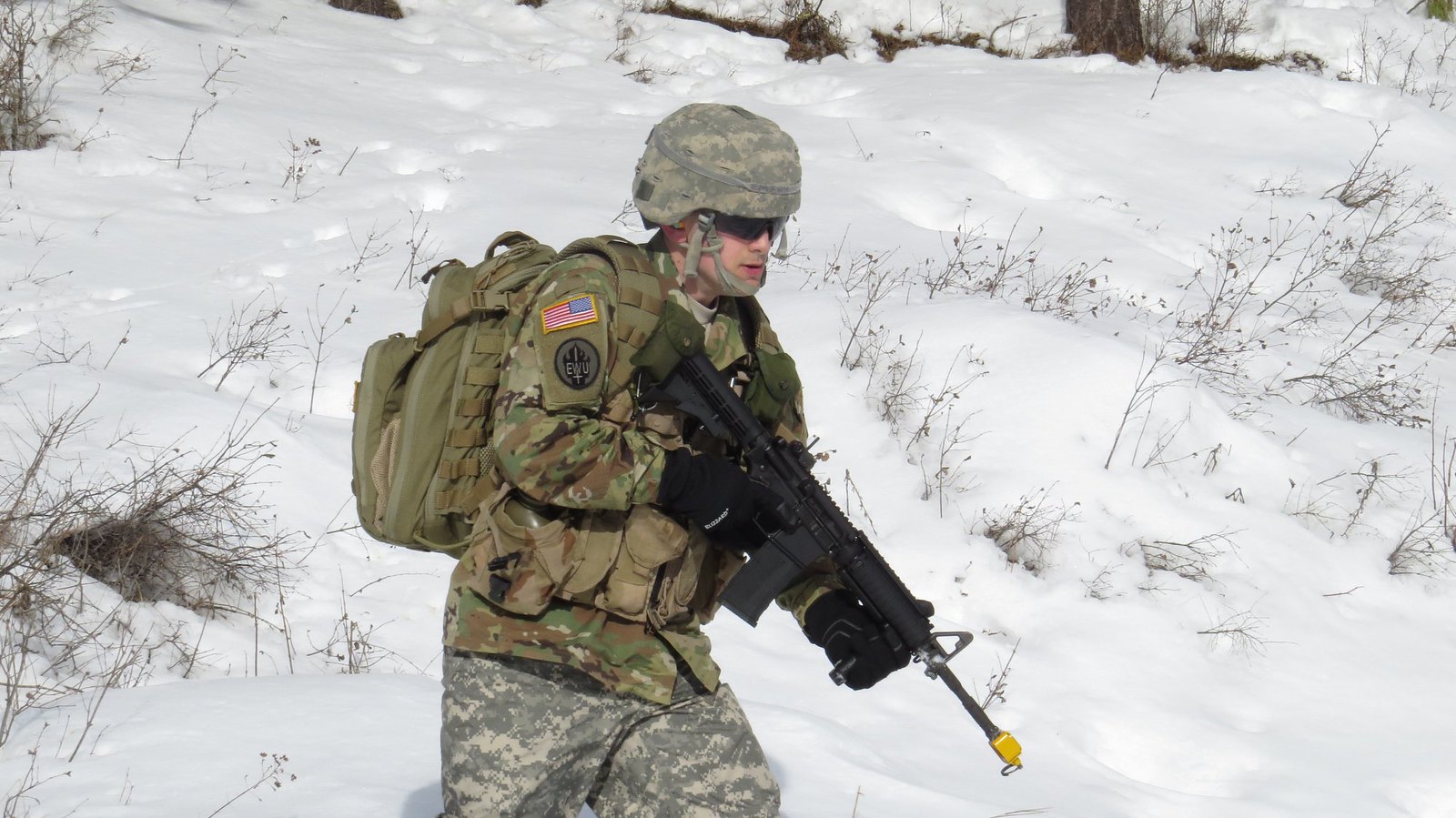
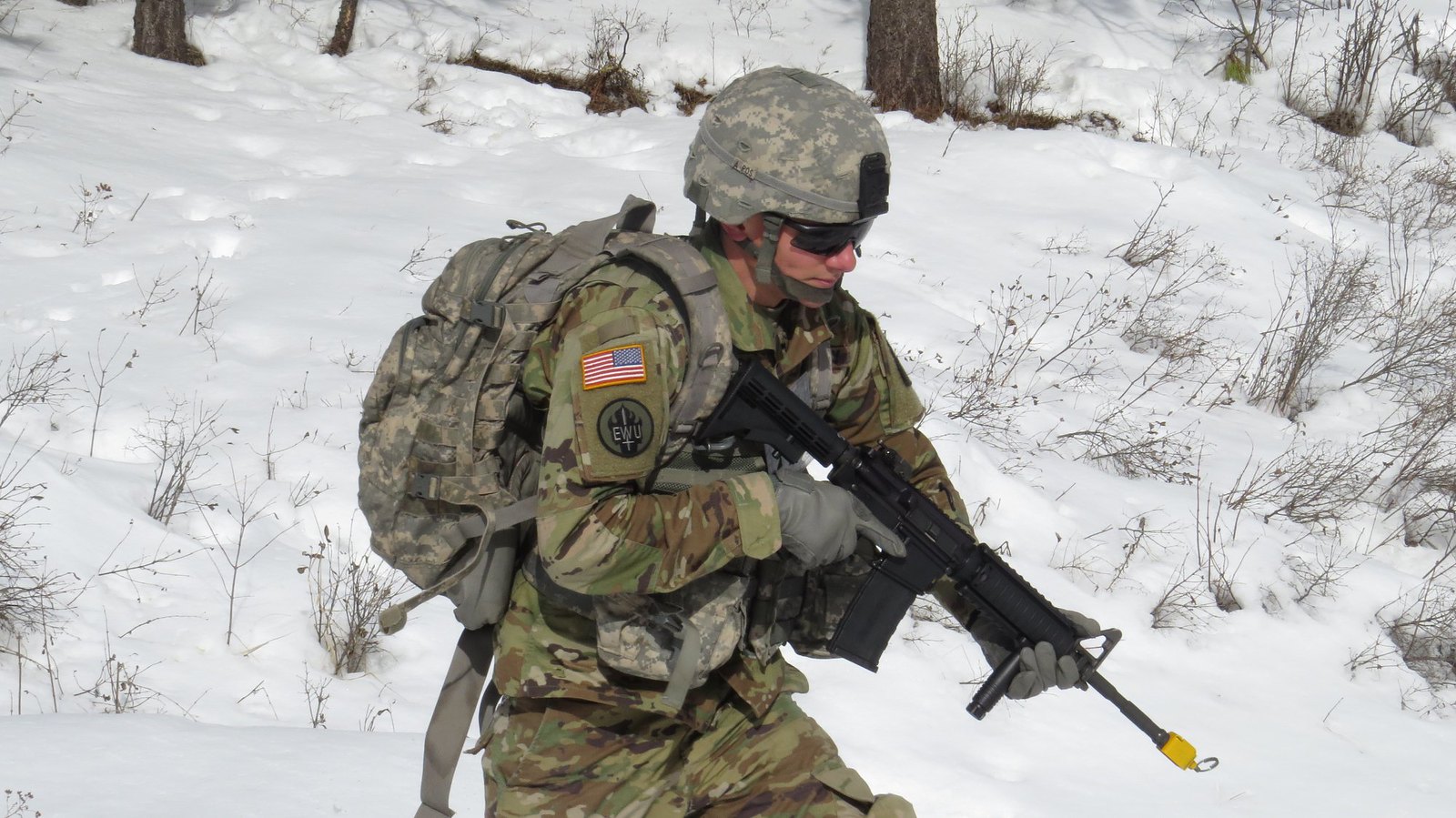

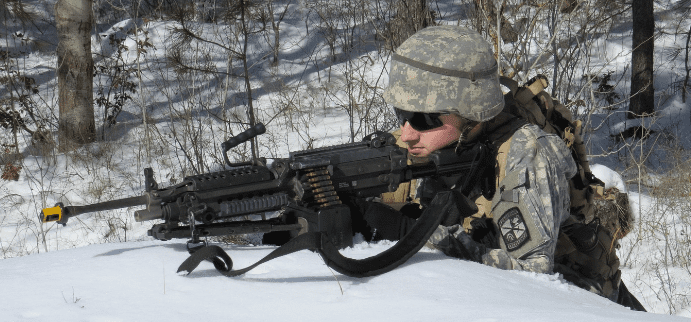


1 thought on “Fighting Eagles Train on Squad Level Tactics During 2019 Winter FTX”